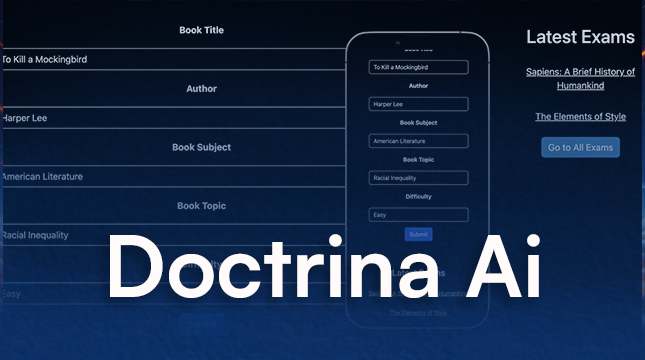In a digital age where acronyms and abbreviations dominate online conversations, one term that frequently pops up is “LMS.” If you’ve found yourself scratching your head, wondering, “What does LMS mean in text?” you’re not alone. In this comprehensive guide, we’ll unravel the mystery behind LMS, exploring its various meanings, applications, and the role it plays in different contexts.
Understanding the Basics: What is LMS?
To kick things off, let’s dive into the basics. LMS stands for Learning Management System. This powerful tool has revolutionized the way education and training are delivered in both academic and corporate settings. Essentially, an LMS is a digital platform designed to streamline the creation, distribution, and management of educational content.
The Evolution of LMS in Education
Embracing Technological Advancements
In the realm of education, LMS has been a game-changer. It facilitates seamless communication between educators and learners, offering a centralized hub for course materials, assignments, and collaborative discussions. As technology continues to advance, so does the sophistication of LMS platforms, providing educators with innovative tools to enhance the learning experience.
Customization for Diverse Learning Styles
One of the key strengths of LMS is its ability to cater to diverse learning styles. Whether it’s visual learners engaging with multimedia content or kinesthetic learners participating in interactive activities, a well-designed LMS accommodates various approaches, fostering a more inclusive and effective learning environment.
LMS Beyond Academia: A Corporate Perspective
Empowering Employee Training and Development
Beyond the classroom, LMS has become an invaluable asset for businesses seeking to elevate their workforce. Companies utilize LMS platforms to deliver training modules, track employee progress, and ensure consistent skill development. This not only enhances employee performance but also contributes to the overall growth and success of the organization.
Enhancing Compliance and Certification Processes
In industries where compliance is paramount, such as healthcare or finance, LMS plays a crucial role in managing and tracking certifications. The automated features of an LMS streamline compliance processes, reducing the risk of human error and ensuring that employees maintain the necessary qualifications.
Decoding LMS Across Various Industries
Healthcare: Aiding Continuous Professional Development
In the healthcare sector, LMS supports healthcare professionals in staying abreast of the latest medical advancements and protocols. Continuous professional development is facilitated through accessible online courses, webinars, and interactive modules, contributing to improved patient care.
IT and Tech: Navigating Rapid Technological Changes
In the ever-evolving field of information technology, LMS becomes a linchpin for tech professionals. It enables them to upskill or reskill efficiently, ensuring they remain competitive in a landscape characterized by rapid technological changes.
Conclusion: Embrace the Power of LMS
In conclusion, the term “LMS” transcends its acronymic simplicity, representing a dynamic force in education, corporate training, and various industries. As we navigate an era marked by continuous learning, embracing the power of Learning Management Systems is not just an option but a strategic necessity. So, the next time someone asks, “What does LMS mean in text?” you can confidently share that it signifies a transformative tool shaping the way we acquire knowledge and skills in the digital age.




